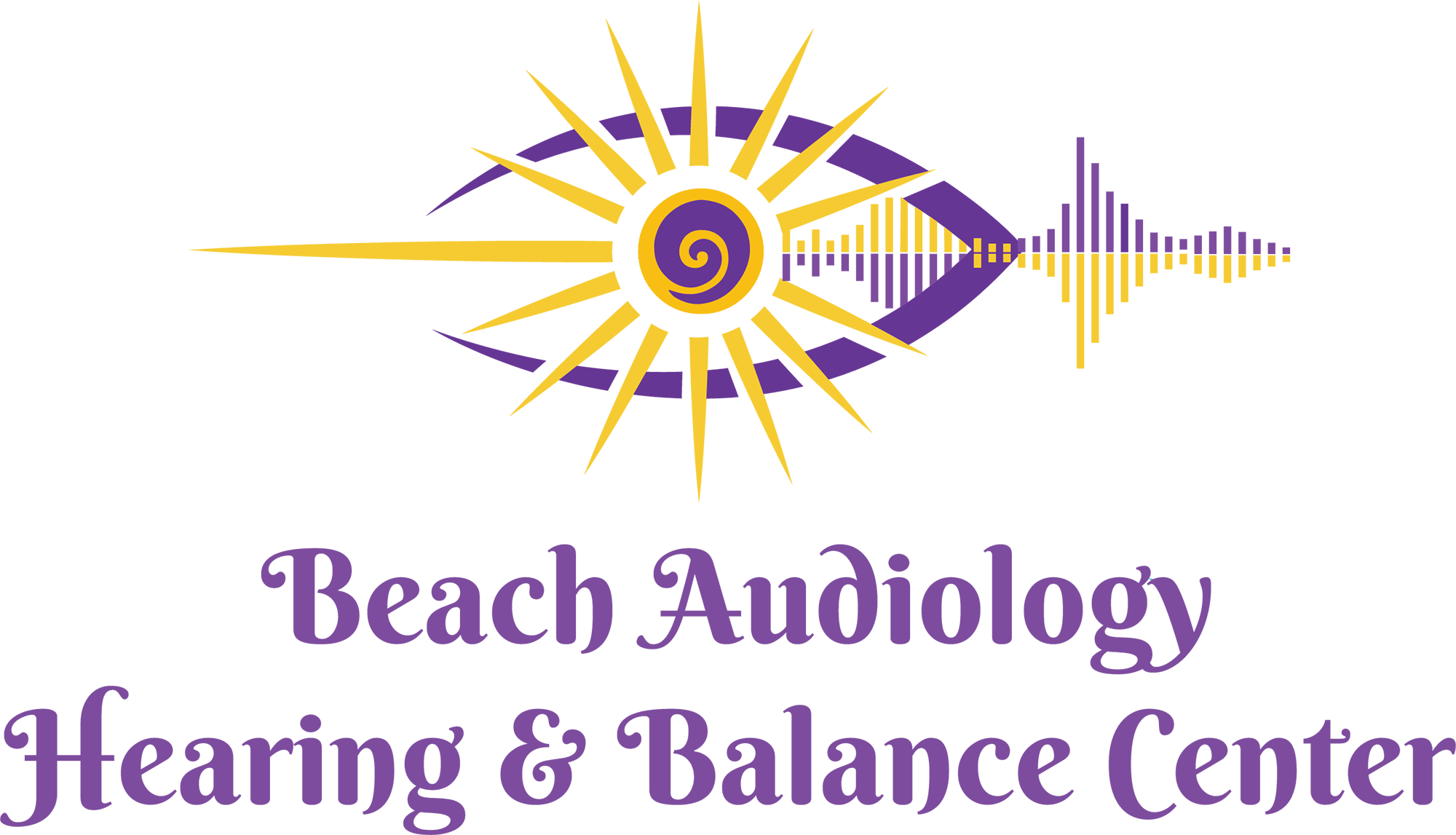While some people enjoy the sound of background noise, others become easily irritated by it. This is because we all have different levels of noise sensitivity.
However, some individuals face a more severe issue in the form of noise sensitivity or hyperacusis. Living with this condition can be challenging, but there are ways to manage and cope.
What is Noise Sensitivity?
Noise sensitivity is a condition that affects approximately 8% of the world’s population. It is also known as hyperacusis, which is defined as a lower tolerance for sound. People with this condition may experience anxiety, stress, or pain from sounds that do not typically produce these sensations.
Coping Techniques for Noise Sensitivity
Living with noise sensitivity can be challenging, but it doesn’t need to be debilitating. Here are some practical tips to help manage symptoms and feel more comfortable in your environment.
1. Identify Triggers
The first step in managing noise sensitivity is to identify your triggers. Knowing what sounds produce a reaction can help you prepare for situations that you may encounter. For instance, you may need to avoid attending crowded events or taking a different route to work if specific noisy environments trigger you.
2. Limit Exposure
Limiting your exposure to triggers can help reduce the impact of noise sensitivity. Choose quiet environments when possible, such as a library or park, to minimize noise exposure. If you cannot avoid an environment with loud noises, take breaks to step outside or wear noise-canceling headphones to reduce sound levels.
3. Use Earplugs or Noise-Canceling Headphones
Earplugs and noise-canceling headphones are commonly used to reduce the volume of sounds. These devices work by blocking out sound waves, reducing the amount of noise that reaches your ears.
Earplugs are widely available, and many people use them for sleeping in noisy environments. They are portable, inexpensive, and can be comfortable when used correctly. Noise-canceling headphones are another option and can help reduce the impact of noise in environments where you cannot avoid the source of the sound.
4. Practice Relaxation Techniques
Anxiety and stress can exacerbate noise sensitivity, so you may want to develop a relaxation routine that works for you. Meditation, deep-breathing exercises, and yoga can all help reduce stress levels. Additionally, physical exercise like swimming, walking, or cycling can be an excellent way to reduce anxiety while also promoting overall health.
5. Seek Professional Help
If your noise sensitivity is severe enough to interfere with your daily activities, or you are experiencing physical symptoms like pain or discomfort, it’s time to seek professional help. Your general physician or hearing health specialist can diagnose hyperacusis and recommend treatment options.
Tips for Living with Noise Sensitivity
- Noise sensitivity can be challenging to manage, but it doesn’t have to control your life. Here are some tips on how to live comfortably with hyperacusis.
- Educate Friends and Family: Noise sensitivity is not widely understood, and people may not realize the impact that their actions may have on you. Take the time to explain your triggers and how they can help reduce your exposure to noise.
- Create a Calming Environment: Creating a calming environment can help reduce anxiety and stress levels and improve the impact of hyperacusis. Soft lighting, comfortable furnishings, and calming colors can all help create a serene space.
- Take Care of Yourself: Prioritize getting enough rest, eating healthy foods, and engaging in regular exercise. Reducing stress and anxiety levels can also help reduce the impact of noise sensitivity.
Visit Us for A Hearing Test and Evaluation
Living with noise sensitivity can be challenging, but there are effective coping mechanisms and strategies available. Identifying triggers and managing your exposure to noisy environments can help reduce the impact of hyperacusis. Additionally, using earplugs, practicing relaxation techniques, and seeking professional help when necessary can all be helpful strategies.
Living with noise sensitivity doesn’t need to be debilitating. To find out more about your hearing health, hearing needs, and noise sensitivity, schedule a hearing test. Together we’ll learn about your hearing needs and find treatment options that work for you. If you have hearing loss, we have a range of hearing aids from the world’s top manufacturers that will help you hear the sounds you want to hear.
We’ll suggest options for your noise sensitivity, and help you find relief.

